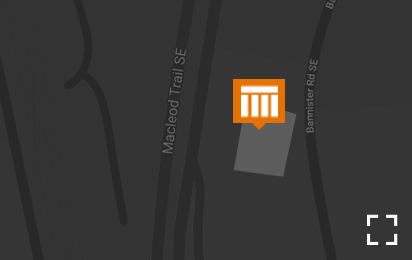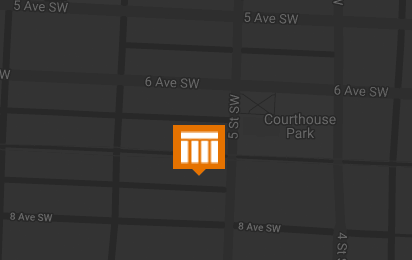Publication
Update: Cannabis Regulation Amendments
As we all know, the Cannabis Act and its regulations came into force on October 17, 2018. One year after legalization the Federal Government announced amendments that will take effect on October 17, 2019 to establish new regulatory standards for:
- edible cannabis
- cannabis extracts
- cannabis topicals
Here is a brief overview of the Cannabis products listed above:[1]
Edible Cannabis (eating or drinking)
- cannot contain more than 10 mg of THC per package
- can contain limited caffeine but cannot have nicotine or alcohol added
Cannabis Extracts (both ingesting or inhaling)
- cannot contain more than 10 mg of THC per unit (with ingesting – capsules);
- cannot contain more than 1000 mg of THC per package (ingested or inhaled)
- cannot contain nicotine, alcohol, or caffeine
Cannabis Topicals (lotions, etc.)
- cannot contain more than 1000 mg of THC per package
- cannot contain nicotine or alcohol
- use only on skin, hair or nails (not eyes or broken skin)
Licensing
The Cannabis Licensing Application Guide[2] outlines the process that, effective October 17, 2019, Canadians will need to follow in order to become a licence holder.
A licence is required to cultivate Cannabidol (CBD), of which there are three primary subtypes: standard, micro and nursery:
#1 - Standard Cultivators
This is the most restrictive licence which includes strict physical security and identification requirements. The application costs are high and this will likely be for a larger company who has significant financial ability.
#2 - Micro-Cultivators
Micro-cultivators have a restriction of 200 square metres of growing space and micro-processors are restricted to handling no more than 600 kilograms of product per year. They must have a building in place before any application can be submitted. The regulatory requirements are quite intense and there have only been three licenced micro-cultivators and one micro-processor in Canada to date.
#3 - Nursery License
This type of licence also allows for cultivation in a more limited scope with a total surface area of no more than 50 square metres and a maximum of five kilograms of "flowering heads" from plants at a time (excluding seed). Additionally, nursery licence holders are only able to sell plants or plant seeds to other licence holders (such as standard or micro-cultivators).
Cannabis licence holders may need two licences; one from Health Canada and under some circumstances from Canada Revenue Agency (CRA).
1. Licence from Health Canada required in order to:
- grow cannabis commercially (large or small scale)
- process cannabis into finished products (including packaging and labelling)
- sell cannabis for medical purposes
- conduct tests on cannabis
- conduct research with cannabis
Those who currently hold a cannabis processing licence and are looking to get into the edible, topical and/or extracts will require amendments to their existing licences.
2. Canadian Revenue Agency Licences
Even if one has a Health Canada licence, they may have to apply for a CRA cannabis licence for both medical and non-medical (recreational) purposes in accordance with the following information below.
One must obtain a licence from the CRA, if they are:
- cultivating (growing cannabis products)
- producing (producing cannabis products)
- packaging (packaging cannabis products)
There are some situations where applying for a CRA licence is not required:
- individuals who produce cannabis products in Canada for their own personal use in accordance with the Cannabis Act;
- individuals who under the Cannabis Act produce cannabis products in Canada for their own medical purposes;
- individuals who produce cannabis products in Canada, and who under the Cannabis Act are considered a "designated person" who is authorized to produce cannabis products in Canada for the medical purposes of another individual;
- any industrial hemp grower who produces industrial hemp by-products.
There are many more details on licencing available.
If you have any questions or require legal advice on a cannabis operation, please do not hesitate to contact one of the lawyers in our Cannabis Law group.
[1] Government of Canada, Final Regulations: Edible cannabis, cannabis extracts, cannabis topicals (September 4, 2019)
[2] Government of Canada, Cannabis Licensing Application Guide - effective October 1, 2019 (August 1, 2019)

